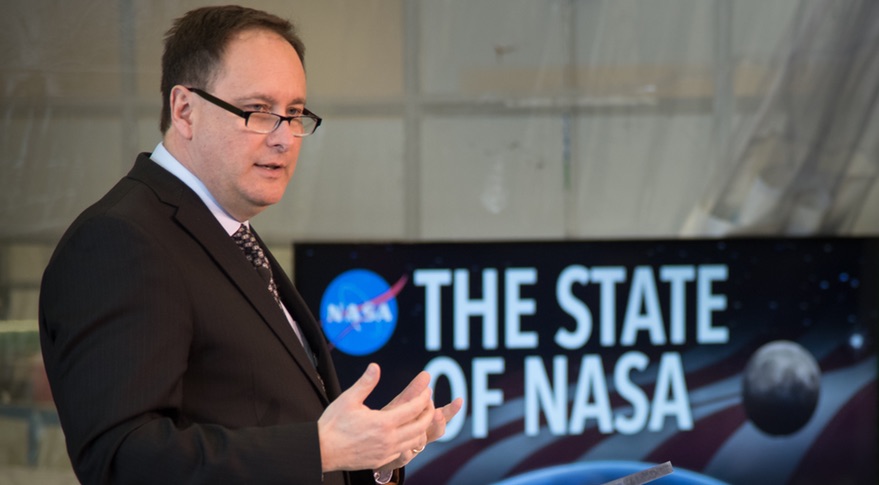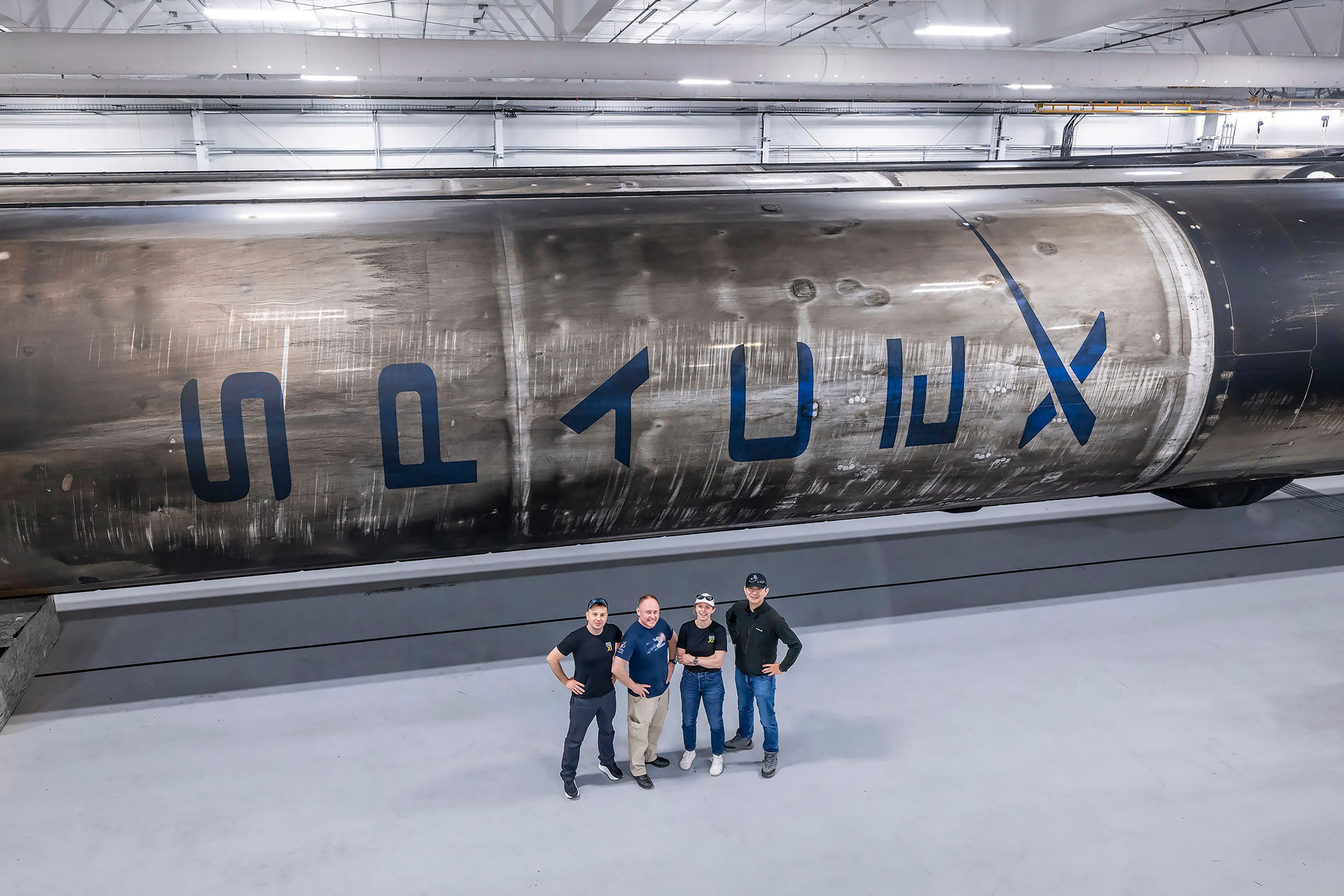NASA's Acting Chief Expects Few Agency Changes Despite Leadership Uncertainty

GREENBELT, Md. — Despite uncertainty about who will lead the agency after the end of April, NASA's current acting administrator says he expects little change in the agency's activities in the near future.
Robert Lightfoot, NASA associate administrator who has been serving as acting administrator since January 2017, announced March 12 his plans to retire from the agency at the end of April. His retirement comes as the nomination of a new administrator, Jim Bridenstine, remains stalled in the Senate.
Speaking at the American Astronautical Society's Goddard Memorial Symposium here March 14, Lightfoot said he's had several discussions with Bridenstine during the nomination process to prepare for a transition should he be confirmed by the Senate. Lightfoot said he was hopeful that Bridenstine would win confirmation by the end of April. [From Ike to Trump: Presidential Visions for Space Exploration]
"If Jim's not confirmed, which we hope he is by the time I leave, there'll be an acting administrator," Lightfoot said. That acting administrator would be a government employee selected by the president using his authority under the Vacancies Act, although the administration has not stated who might succeed Lightfoot on an interim basis.
Should Lightfoot be replaced by another acting administrator, he expects no significant changes in agency activities. "There will be a few [decisions] that will be put on hold. I don't expect hardly any, though," he said. "I've got a budget approved by Congress and signed by the president that tells me what to go do," he said, giving a future acting administrator "the full authority to do what they need to do."
"I may get told there are certain things I can't do, but right now nobody's told me anything I can't do at this point," added Lightfoot, who has been acting administrator for nearly 14 months, the longest tenure of an interim NASA leader in the agency's nearly 60-year history. "We've got to keep going. We've got too much to do."
Part of that confidence, he said, comes from the policy certainty he believes the agency enjoys, citing an authorization act passed a year ago, the activities of the National Space Council, and Space Policy Directive 1, the White House directive instructing NASA to return humans to the moon. Those have also shaped agency plans and budget proposals, including the fiscal year 2019 proposal rolled out last month.
Get the Space.com Newsletter
Breaking space news, the latest updates on rocket launches, skywatching events and more!
"If you step into the policy side of this, we're in a pretty good spot right now," he said, even with the occasional disagreement about programs. "I think we're in great shape there."
Lightfoot, in his comments, didn't discuss his reasons for retiring, a decision that took many both inside and outside the agency by surprise. He also didn't discuss what his post-NASA plans are.
"As I think about moving on to the next stage for me, this is not about a single person," he said, emphasizing the "team of teams" nature of the agency's work. But, he added, "it's going to tear me apart to not be a part of this team with that NASA badge."
This story was provided by SpaceNews, dedicated to covering all aspects of the space industry.
Join our Space Forums to keep talking space on the latest missions, night sky and more! And if you have a news tip, correction or comment, let us know at: community@space.com.

Jeff Foust is a Senior Staff Writer at SpaceNews, a space industry news magazine and website, where he writes about space policy, commercial spaceflight and other aerospace industry topics. Jeff has a Ph.D. in planetary sciences from the Massachusetts Institute of Technology and earned a bachelor's degree in geophysics and planetary science from the California Institute of Technology. You can see Jeff's latest projects by following him on Twitter.










